LNG is now leading the way for alternative fuels. There are now 805 LNG-fuelled ships in operation or on order, and 229 more ‘LNG-ready’ ships, according to the latest Alternative Fuels Insight from the classification society, DNV. Car and passenger ferry operators have been quick to adopt LNG as a fuel, with 46 ships already in operation and seven more on order, according to the DNV analysis. However, containerships will soon take a strong lead. The 35 boxships already operating on LNG will soon be joined by 172 new ones, taking the total to 207. In other major groups, there are 87 crude oil tankers that run on LNG, either in operation or under construction; 70 oil/chemical tankers; and 62 bulk carriers.
There are now 580 ships with batteries, either in operation or on order, and a further 47 vessels on order for delivery from 2023 onwards. Car and passenger ferries lead the pack, with 193 ships in service and a further 69 on order.
MOL is the 1st Japanese company to join First Movers Coalition: Japanese shipping company Mitsui O.S.K. Lines (MOL) has joined the First Movers Coalition (FMC), an initiative established to boost demand for decarbonization technologies at COP26 held in November 2021. MOL is the first Japanese company to take part in FMC, a platform aimed at helping governments and major global companies cooperate to launch technologies needed to achieve net-zero emissions by 2050 and enhance cost competitiveness.
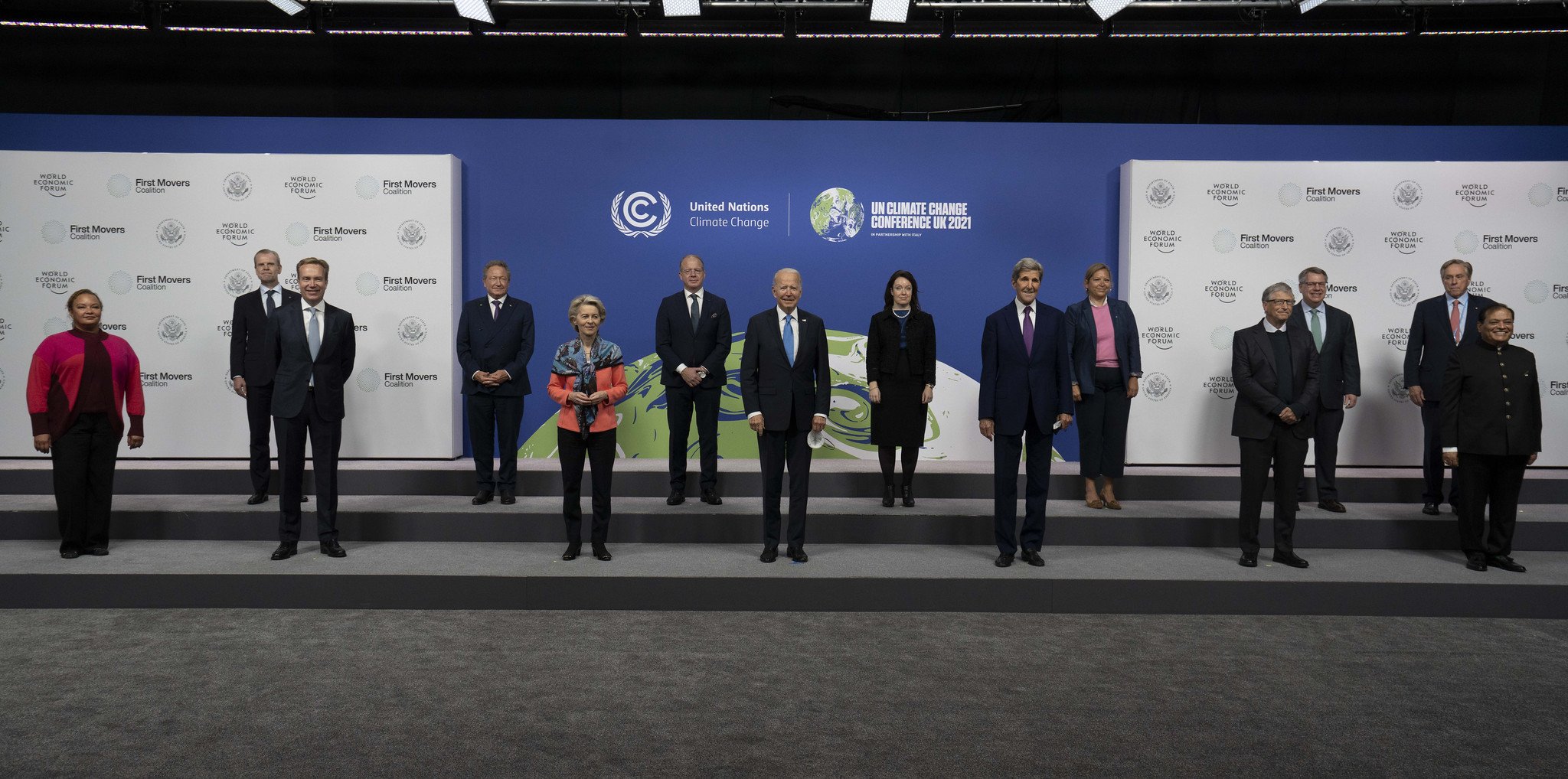
Silk Alliance to develop green corridors across intra-Asia container trades:
The intra-Asia trades, container shipping pipelines, are set to get the green corridor treatment.
Lloyd's Register Maritime Decarbonisation Hub announced it is working with 11 cross-supply chain stakeholders to develop a fleet fuel transition strategy that can enable the establishment of a highly scalable green fuel corridor cluster. The new Silk Alliance, named after the fabled Silk Road, brings together shipowners, such as Mediterranean Shipping Co (MSC), Pacific International Lines (PIL), Wan Hai Lines, X-Press Feeders, Yang Ming Marine Transport Corp; shipyard, Keppel Offshore & Marine; bunker logistical supplier, Singfar International; engine manufacturer, Wärtsilä; shipmanager, Wilhelmsen Ship Management; and financial institutions, the Asian Development Bank and ING.
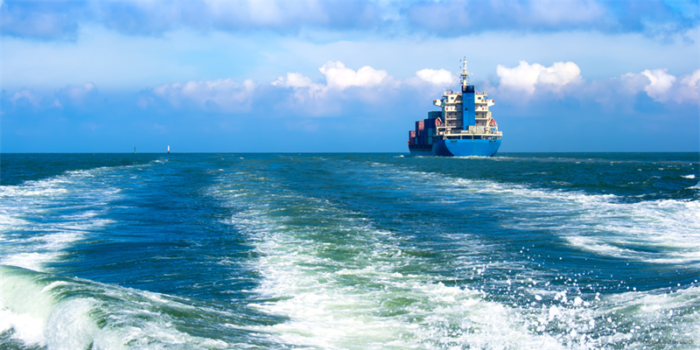
Rio Tinto partners Mærsk Mc-Kinney Møller Center: The Mærsk Mc-Kinney Møller Center for Zero Carbon Shipping has welcomed Anglo-Australian mining group Rio Tinto as a strategic partner of the center, committing to a long-term strategic collaboration and contribution to the development of zero-carbon technologies and solutions for the maritime industry. The company expects to introduce net-zero emission vessels into its portfolio by 2030. Recently, the mining group made another important step to decarbonize its fleet. On 23 May, Rio Tinto and British energy company BP agreed to work together on a one-year biofuel trial to help reduce carbon emissions from the former's marine fleet.
Under the trial, BP is supplying Rio Tinto with marine biofuel for approximately 12 months. The results of the trial will help Rio Tinto study ways to reduce its carbon emissions from its marine fleet and inform its future biofuel strategy.
Industry Actions
Wärtsilä's new tech center to speed up marine and energy decarbonization: The Finnish technology group Wärtsilä has opened its new technology center to contribute to efforts to advance the global decarbonization of maritime and energy sectors. The Sustainable Technology Hub is in Vaasa, Finland, and it features a fuel laboratory, flexible technology, and engine testing facilities, as well as a production system with a high level of automation. Through this hub, Wärtsilä aims to accelerate decarbonization by fostering innovation, collaboration, and the development of green technologies using sustainable fuels and digital technologies.
The construction of the new center was announced in 2018 with a total investment of around $268 million. It employs 1500 people under one roof, providing operational efficiency as well as a reduced carbon footprint in logistics, Wärtsilä said.
Ship It Zero urges shipping companies to break up with fossil fuels: The Ship It Zero coalition has urged shipping companies to cancel all new fossil fuel newbuilds in their order books and invest only in zero-emission technologies and fuels for their future global fleets. The climate and public health campaign that seeks to move the world's largest retail companies to 100% zero-emission ocean shipping, sent an open letter to chief executive officers (CEOs) of five large ocean carriers. In the letter, the campaign urged the CEOs to invest profits in reducing fossil fuel use and catalyzing the shift to zero-emission vessels.
Container shipping companies including CMA-CGM, A.P. Moller-Maersk, MSC Mediterranean Shipping Company, Evergreen Marine, and Ocean Network Express (ONE) have reported record-breaking profits because of COVID-related consumer spending and supply chain disruptions over the last two years. Now, it's their duty to use these earnings for making shipping cleaner, Ship It Zero believes.
Technology – New Ship Designs
Eco Marine Power chooses Furukawa FCR batteries for zero-emission bulker: In a first for shipping, Eco Marine Power, a Japan-based marine renewable energy technology company and compatriot battery manufacturer Furukawa Battery will supply marine-grade FCR-series batteries for both a solar power system & for backup use on a Handymax bulker. This will be the first time the FCR batteries have been used for these dual applications onboard a ship with one set being integrated into a renewable energy solution and two other sets for emergency backup use, according to Eco Marine Power.
Shipyards
K Line takes delivery of new dual-fuel LNG carrier for Petronas: Japanese shipping company Kawasaki Kisen Kaisha (K Line) has taken delivery of the newly-built W-Max class liquefied natural gas (LNG) carrier at Hudong-Zhonghua Shipbuilding in China. This dual-fuel vessel, named Lagenda Suria, is the first out of two LNG carriers included in the 12-year time charter with a 12-year extension option, signed back in 2020.
German shipbuilder Flensburger Schiffbau-Gesellschaft cuts first steel for SeaRoad's LNG-powered RoRo: Ordered in September last year, the newbuild will be powered by liquefied natural gas (LNG), featuring two dual-fuel main engines and three auxiliary engines. It is scheduled for delivery to SeaRoad in the fourth quarter of 2023.
Fuels
Iverson eFuels picks Technip Energies for K-Lineammonia project: Joint venture Iverson eFuels has selected French engineering company Technip Energies for the engineering design of a complete green ammonia plant in Norway. The investors behind the Iverson eFuels joint venture include German's Hy2gen, Denmark's CIP, and Dutch energy trader Trafigura. The green ammonia production facility is specifically located in the municipality of Sauda, on the southwestern coast of Norway. Technip Energies is to perform the engineering design of a complete green ammonia plant.
SK E&S and Beijing Gas to cooperate on LNG and hydrogen: South Korea's green energy company SK E&S and China's gas supplier Beijing Gas have signed a strategic cooperation agreement to work on LNG and hydrogen projects in China.
This cooperation will specifically refer to LNG business, blue and green hydrogen production, as well as fuel cell power generation. Firstly, the companies plan to explore opportunities for cooperation to expand the LNG value chain. To this end, they agreed to share operational know-how for major assets such as LNG terminals in China and to further cooperate in terms of LNG imports and natural gas sales.
Biofuels
Port of Amsterdam to witness a fivefold increase in biofuel production: The British-Dutch biofuel producer Argent Energy is expanding its second-generation biodiesel production capacity in the Port of Amsterdam to contribute to sustainable shipping and road transport. With the construction of two new factories, the company is targeting a fivefold increase in production – from 100,000 tons of biodiesel per year to 540,000 tons.
The joint investment of more than €20 million by Argent Energy and Port of Amsterdam in two new quays and a jetty is also a part of this expansion.
Emission Tools
ION solution helps monitor GHG emissions in UK port: ION Geophysical Corporation said that its climate-smart, digital platform, Marlin SmartPort, fulfilled its role in helping monitor greenhouse gas (GHG) emissions in the Data-Led Emissions Management (D-LEMA) project. The D-LEMA project is part of the Clean Maritime Demonstration Competition (CMDC) launched in March 2021, funded by the Department for Transport (DfT), and delivered in partnership with Innovate UK. The CMDC was announced as part of the UK Government's Ten Point Plan to position the UK at the forefront of clean maritime technologies and reduce emissions from the sector.
Finance
ZeroNorth raises over $50M to accelerate decarbonization in shipping: Denmark-based technology company ZeroNorth has raised over $50 million in investment during its recently concluded Series B investment round that will enable the company to look to further accelerate decarbonization in shipping. The investment from PSG Equity, a growth equity firm partnering with software and technology-enabled services companies to help accelerate their growth, joins further capital injections from ZeroNorth's existing investors A.P. Moller Holding and Cargill, that also participated in the round.
Ports
Port of Halifax takes actions to reduce vessel emissions: The Halifax Port Authority (HPA) joined the World Port Climate Initiative (WPCI) as an Incentive Provider with the International Association of Ports and Harbours' (IAPH) Environmental Ship Index (ESI) on 1 April, in another action to reduce vessel emissions. The authority of the Canadian port is now offering incentives to container and RoRo vessels that voluntarily register and meet ESI's requirements in reducing greenhouse gas emissions. The HPA will administer, and rebate annually, an ESI Harbour Dues Incentive of CA$500 (US$400) for vessels with an ESI-assigned Index score between 20 and 49.99, and CA$1,000 (US$800) for vessels with an ESI-assigned Index score of 50 or higher per port call.
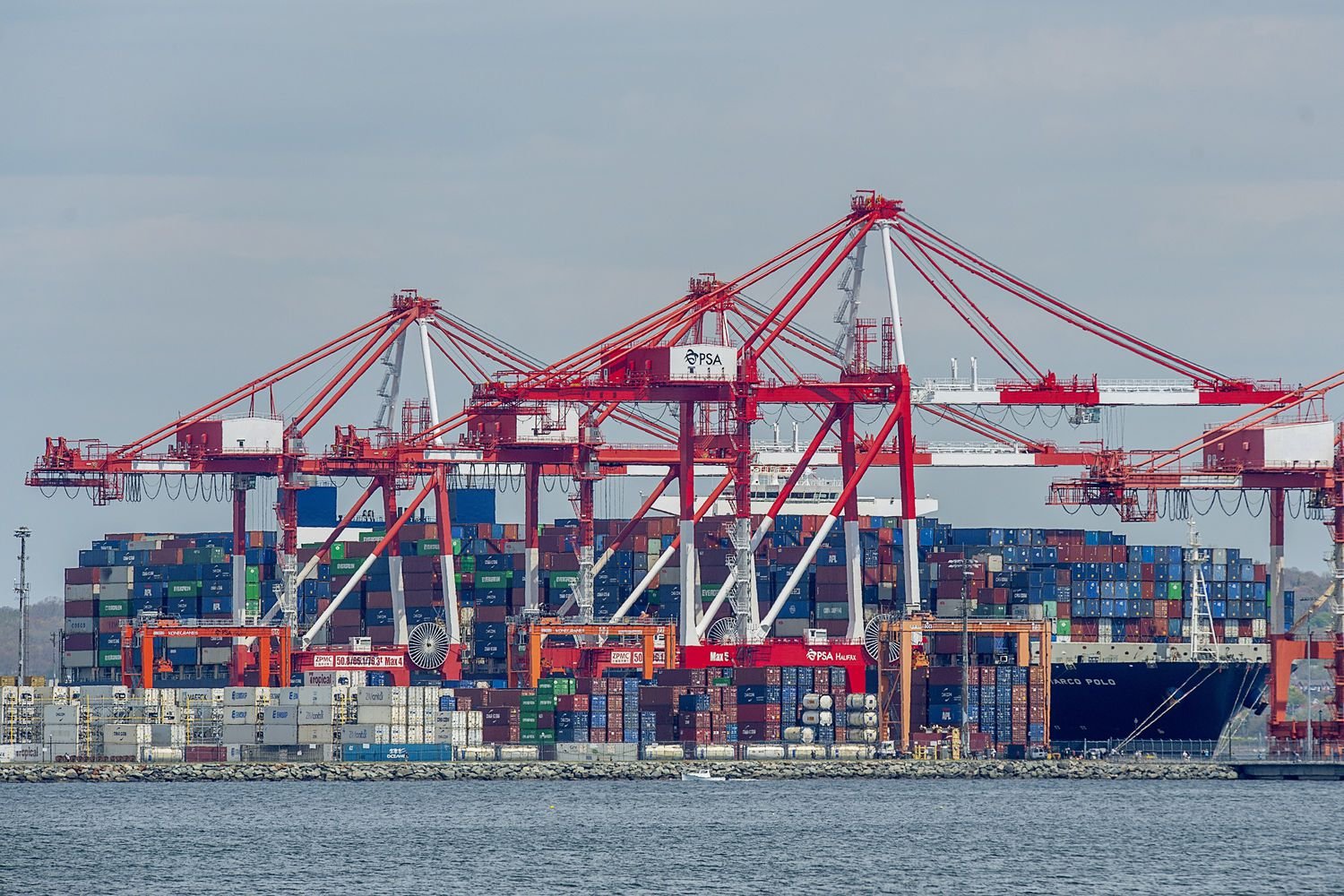
Port of Rotterdam to reduce emissions by 90% until 2030: The Port of Rotterdam Authority is aiming to accelerate its agenda to reduce its own carbon emissions. Today most of the CO₂ of the port of Rotterdam is emitted by the (patrol) vessels and another part comes from the use of cars and buildings, with the total annual number amounting to 4,000 tons. The carbon emissions of the major European port are expected to be 75% lower in 2025 and 90% lower in 2030 compared to 2019. However, as a goal, the Port of Rotterdam Authority wants its activities to be completely emission-free.
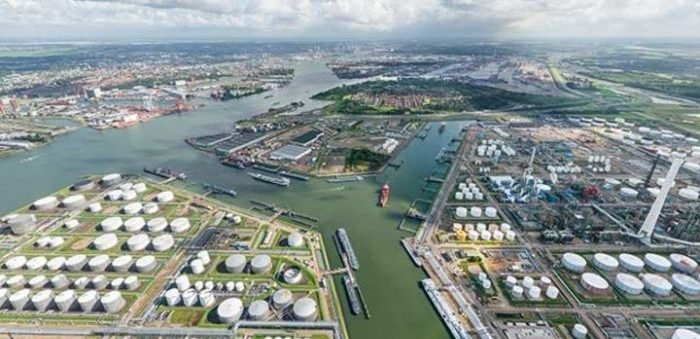
Port of Montreal welcomes next-gen carbon-efficient ships: The Port of Montreal, the second largest port in Canada, has started welcoming new, fuel-efficient vessels, in line with the port's goal of reducing its carbon footprint. The Vistula Maersk and the Vayenga Maersk, two of the world's largest ice-class containerships, are designed specifically to operate in icy water conditions. In addition to a stronger hull, they provide greater efficiency of intake and minimal fuel consumption. The vessels will utilize biofuel manufactured from recycled sustainable biomass. Both vessels will operate on the same service between Canada and Northern Europe.
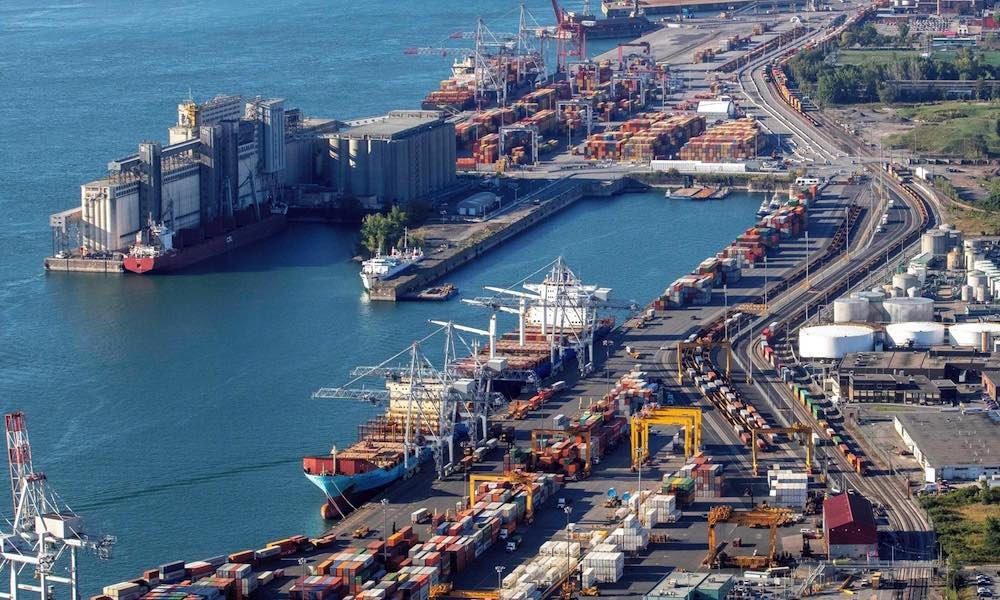
Port of Virginia eyes 100% clean energy ops by 2024: The U.S. Port of Virginia expects to fulfill all its operational electricity needs from clean-energy resources by 2024 and in doing so, moves forward with its goal of becoming completely carbon-neutral by 2040. The port is already sourcing some of its electricity for its on-terminal cargo operations from renewable sources and a power purchase agreement approved on 9 May by the Virginia Port Authority Board of Commissioners expands access to clean energy.
Governments
G7 countries to end public funding for international fossil fuels projects: The G7 countries, representing the world's biggest economies, decided to end direct international public financing of the fossil fuels sector starting from the end of this year and affirmed the commitment to end inefficient fossil fuel subsidies by 2025. As a result, the G7 group – made up of Germany, Italy, France, Japan, the UK, the U.S., and Canada – has made a first-time commitment to the goal of predominantly decarbonized electricity sectors by 2035. Beyond that, they have committed for the first time to phasing out coal-fired power generation. However, no deadline has been provided for this commitment.
Regulations
European shipowners and T&E warn proposed EU shipping law could do more harm than good: ECSA and the green group Transport & Environment (T&E) have joined forces to call on EU countries and the members of the European Parliament to introduce necessary amendments to the FuelEU Maritime Regulation proposal, with the aim to align it with EU Climate Law and Paris Agreement goals. ECSA and T&E warn that the Commission proposal falls short of ambition and fails to address the responsibilities of other stakeholders such as the fuel suppliers. If adopted in its current form, the proposal might do more harm than good to shipping's climate ambition.
ECSA and T&E support more ambitious targets for the uptake of cleaner fuels for shipping companies and fuel suppliers. The responsibilities of the fuel suppliers are essential to achieve these ambitious regulatory targets as called for above (shared responsibility). ECSA and T&E, call for the introduction of robust requirements on Member States under the FuelEU Maritime to ensure that fuel suppliers in European ports deliver compliant fuels to ships in sufficient quantities to meet the regulatory objectives.
Source: Breakwave Advisors
The opinions expressed herein are the author's and not necessarily those of The Xinde Marine News.
Please Contact Us at:
media@xindemarine.com



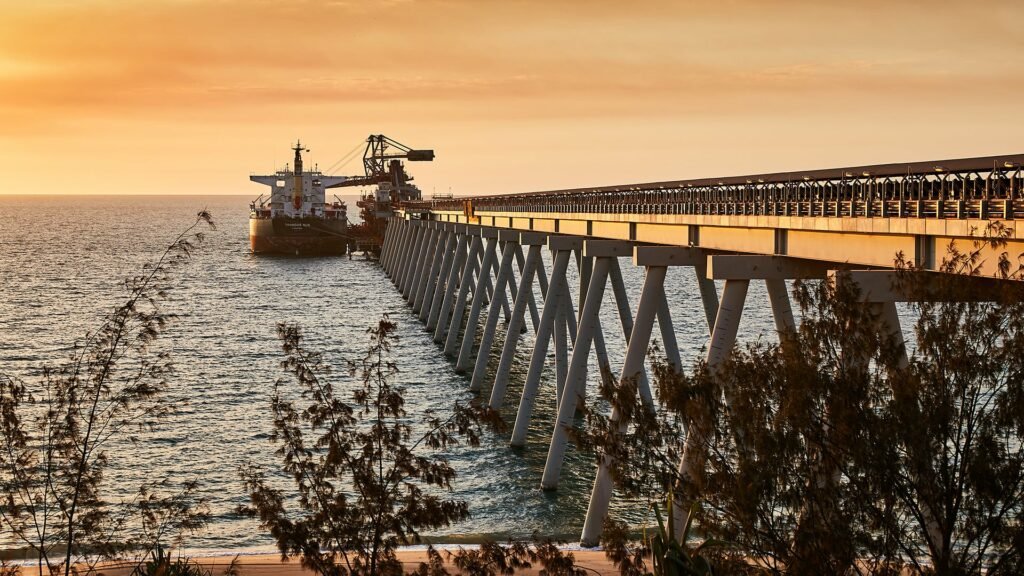
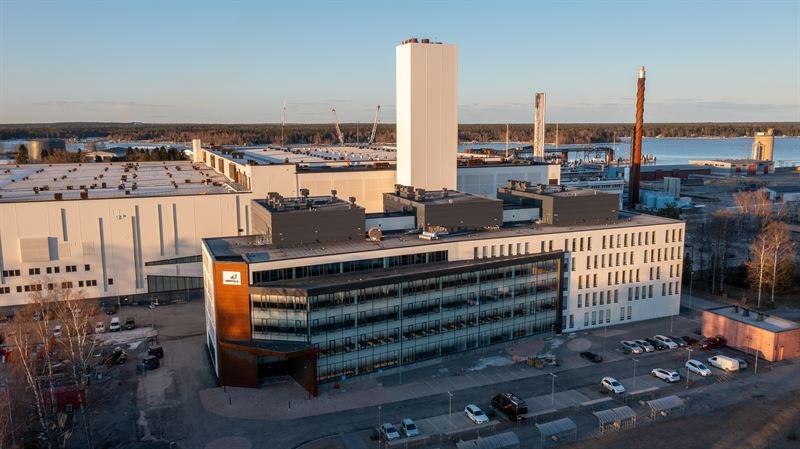
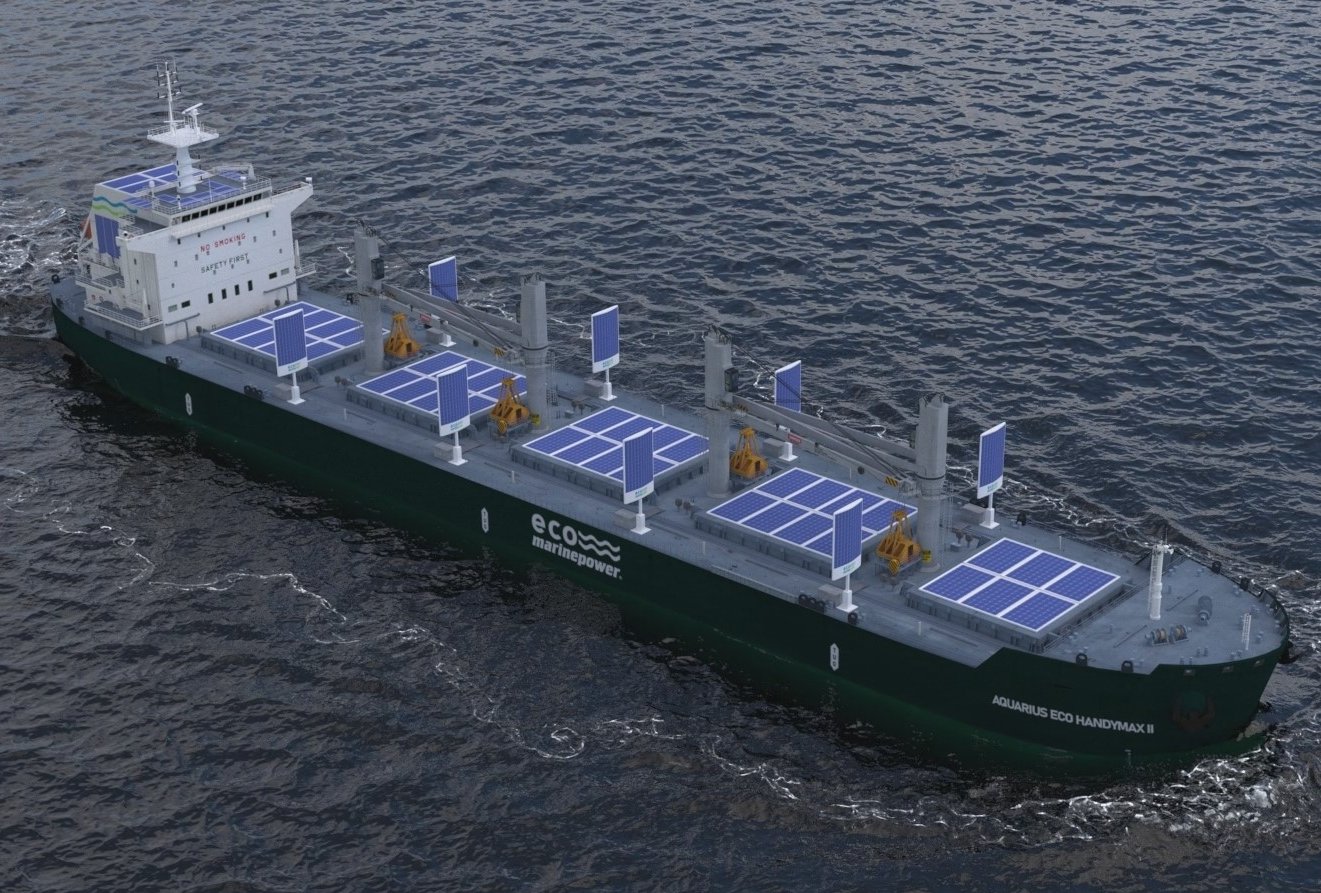
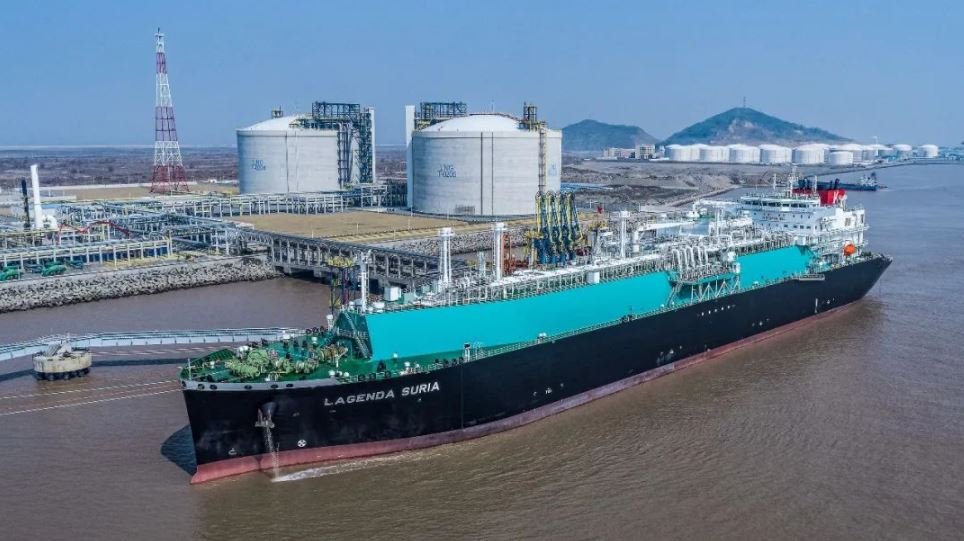
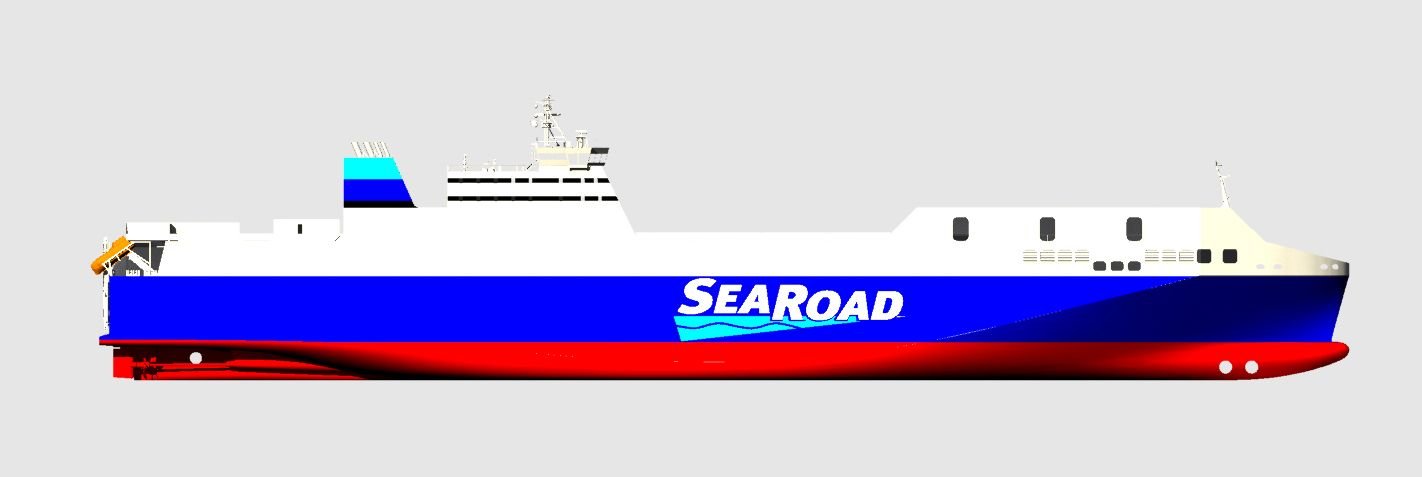
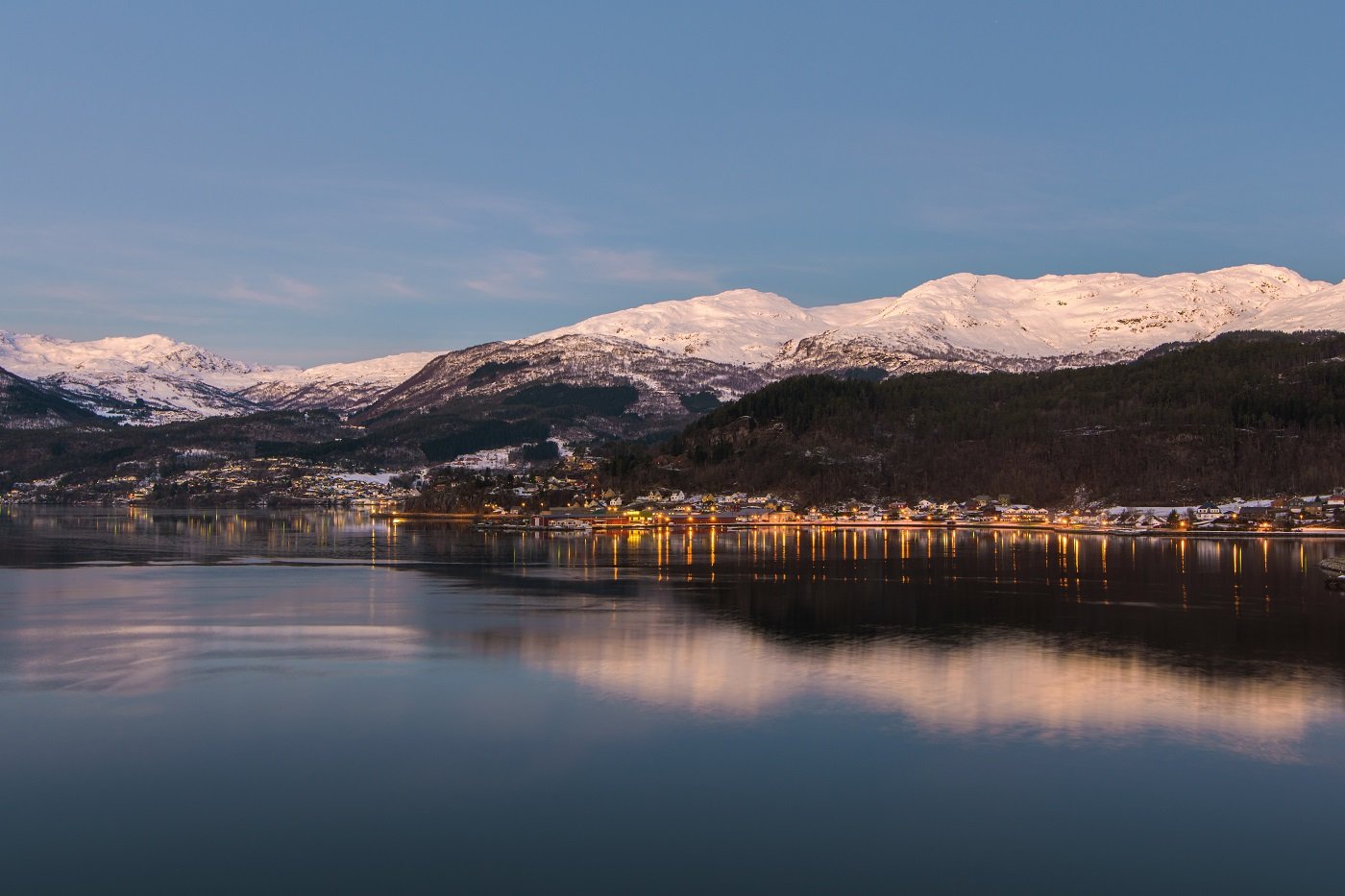
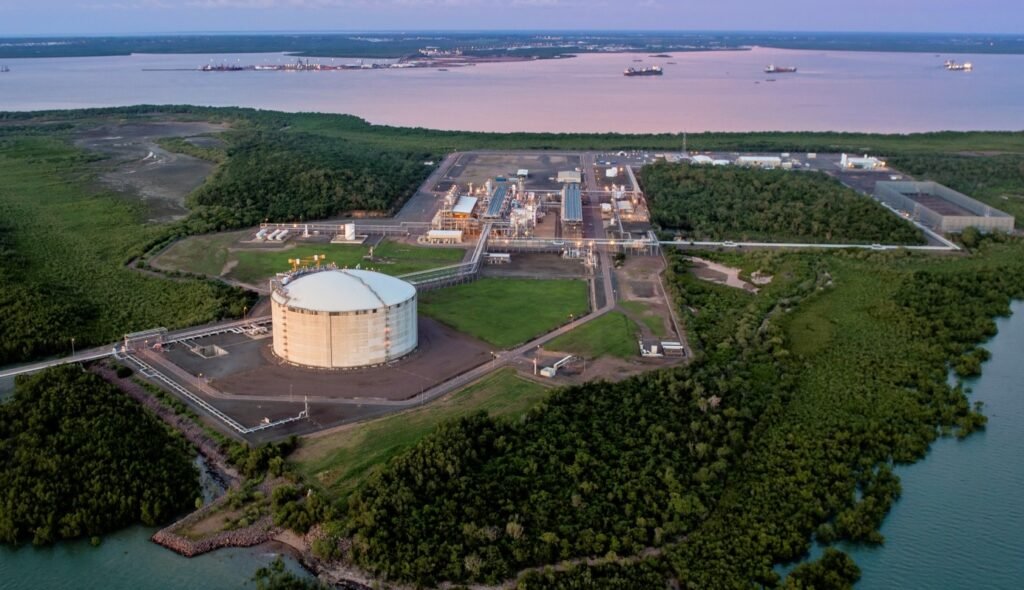
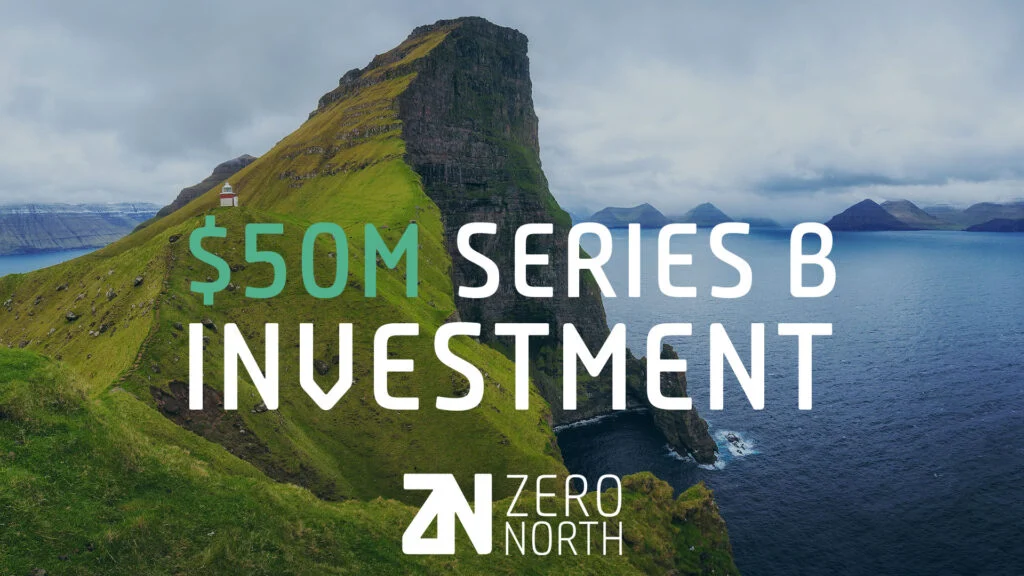



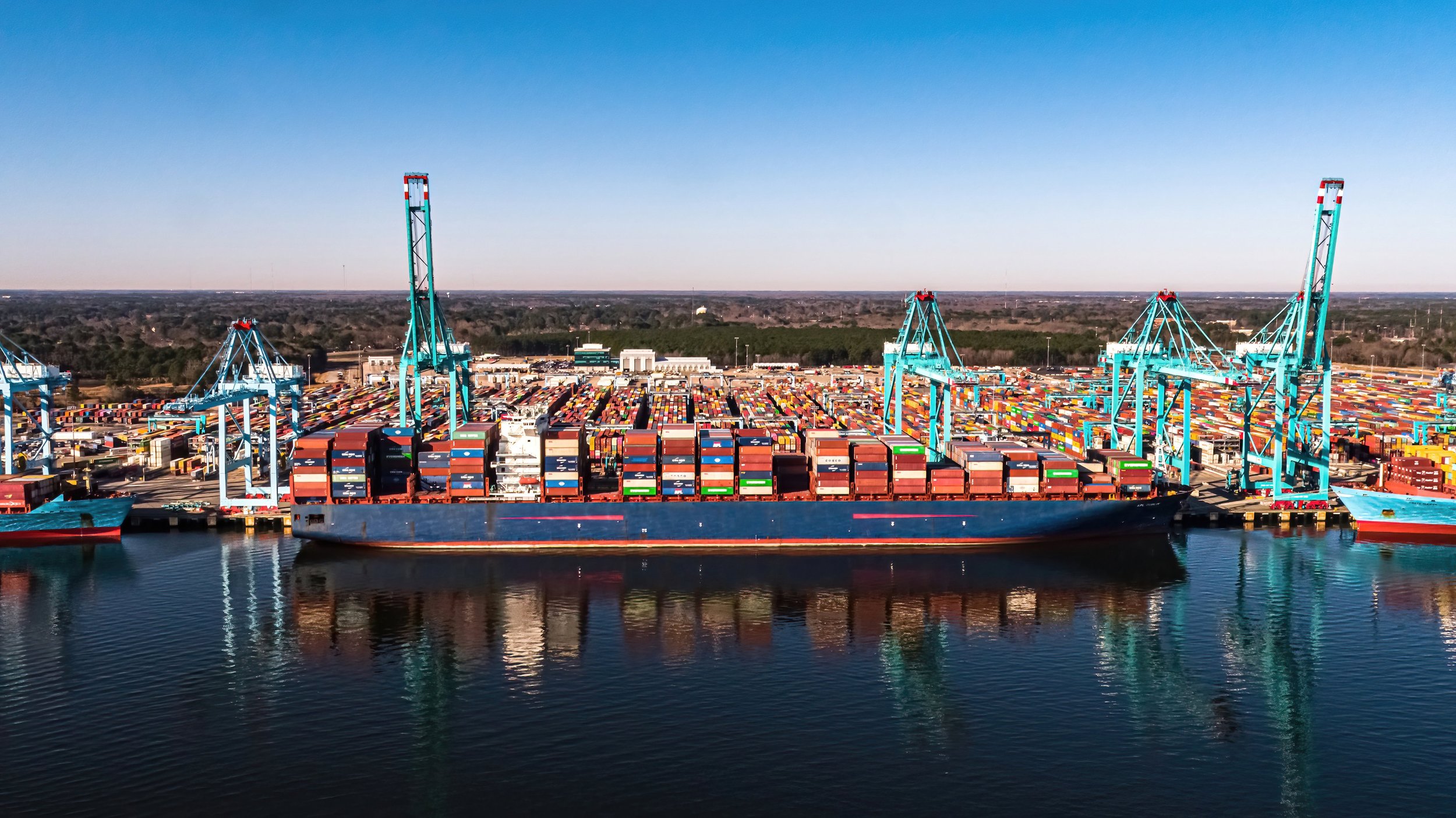
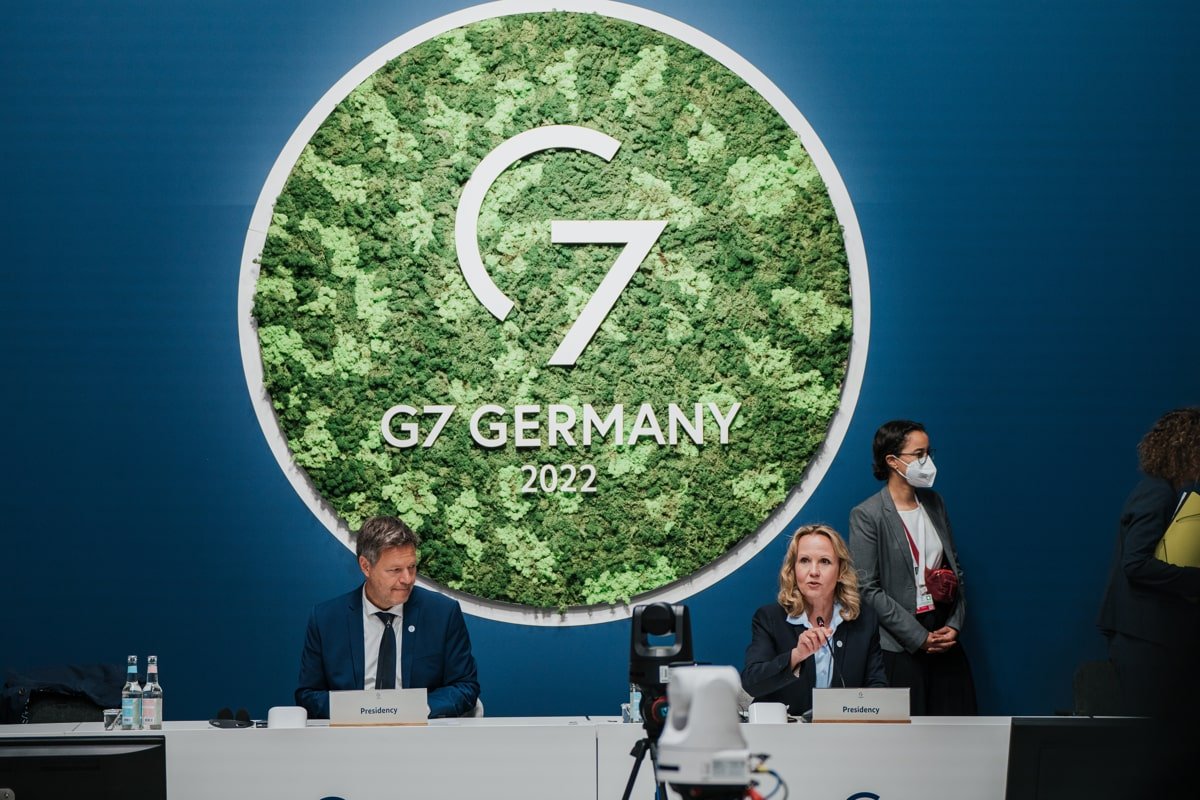
 Ningbo Containerized Freight Index Weekly Commentar
Ningbo Containerized Freight Index Weekly Commentar  Ningbo Containerized Freight Index Weekly Commentar
Ningbo Containerized Freight Index Weekly Commentar  Ningbo Containerized Freight Index Weekly Commentar
Ningbo Containerized Freight Index Weekly Commentar  BIMCO Shipping Number of the Week: Bulker newbuildi
BIMCO Shipping Number of the Week: Bulker newbuildi  Ningbo Containerized Freight Index Weekly Commentar
Ningbo Containerized Freight Index Weekly Commentar  Ningbo Containerized Freight Index Weekly Commentar
Ningbo Containerized Freight Index Weekly Commentar